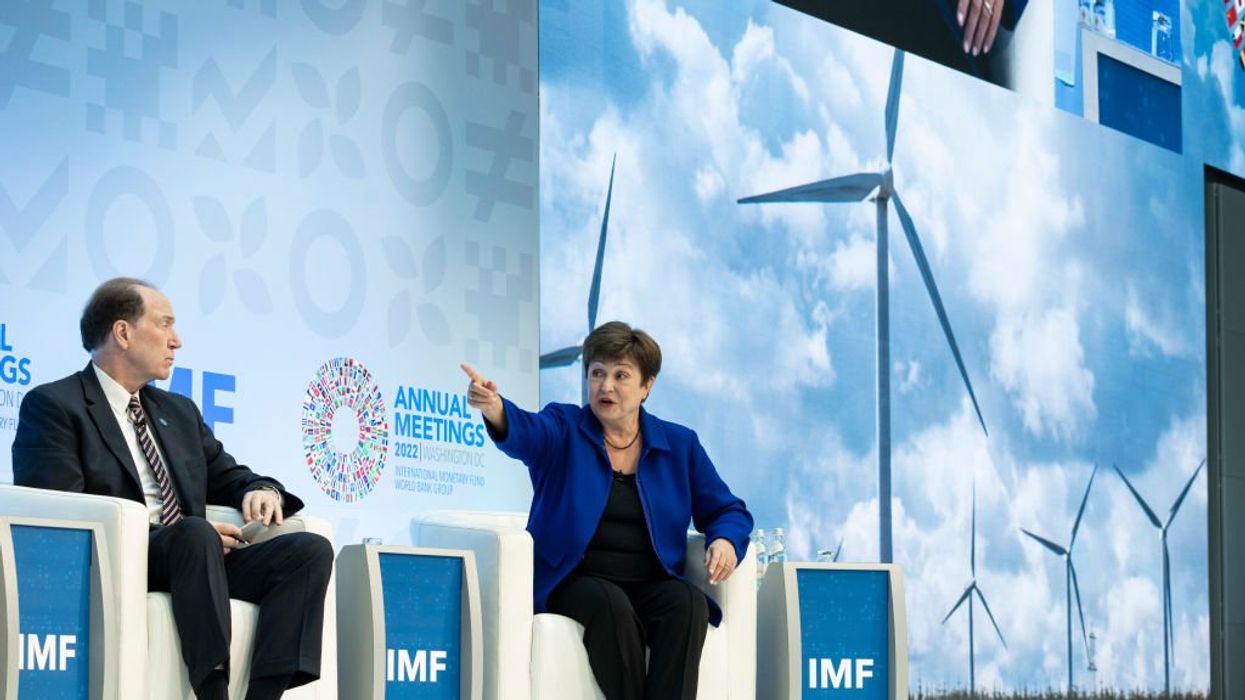
Drew Angerer via Getty Images

A recent analysis suggests that an alarming percentage of environmental projects intended to counteract greenhouse gas emissions might be fundamentally flawed — and may not effectively reduce planet-warming emissions at all. This should be no surprise to anyone closely watching the green energy initiatives.
Many governments, corporations, and institutions worldwide, including oil companies, airlines, tech firms, and universities, have adopted the multibillion-dollar voluntary carbon trading industry. This industry lets entities buy carbon offset credits, which are essentially certificates allowing the buyer to compensate for a ton of CO2 by investing in eco-friendly projects. You’ve undoubtedly encountered these when flying or buying a latte and being told your purchase is “carbon neutral.”
There's growing evidence, however, that many of these offsets lie about their supposed climate benefits and are less effective than promised. It appears they’re nothing more than corporate virtue-signaling.
A joint investigation by the Guardian newspaper in Great Britain and Corporate Accountability, a Massachusetts-based nonprofit, examined the top 50 carbon offset projects that sold the most credits. Their findings:
The Guardian/Corporate Accountability study builds upon past research and focuses on each project's reliability to deliver lasting emission reductions. According to the research, several projects had exaggerated claims, making the carbon credits' efficacy questionable.
A project was deemed ineffective if evidence indicated it couldn't ensure long-term reductions in greenhouse gases, among other factors. In some instances, projects may have “accidentally” increased or moved emissions elsewhere. The TL;DR is that despite hundreds of billions spent by corporations and governments, there is no credible evidence they accomplished anything other than giving marketing departments something to promote and creating a cushy jobs program for otherwise unemployable bureaucrats.
Despite criticism, certifying entities for these projects maintain that their methodologies are continually improving — because they will never acknowledge their failings and endanger the money spigot of grants and subsidies.
These findings are especially ironic as global leaders gather for the U.N. climate summit in New York. The subtext of the Guardian’s coverage is that many experts are increasingly skeptical about the reliability of market-driven solutions compared to direct action to transition away from fossil fuels. Translated, this means the only way for this power-grab to succeed will be for governments to pass laws to go after the energy sector and, increasingly, the average citizen.
An investigative collaboration in January between the Guardian, Die Zeit (a German publication), and digital climate journalists from SourceMaterial found that more than 90% of rain forest offsets provided by Verra, the foremost global carbon credits certifier, were probably "phantom credits" that didn't equate to actual emission reductions.
The need for transparency in the carbon offset market has never been more pressing, as the Davos crowd seeks to implement green governance worldwide.